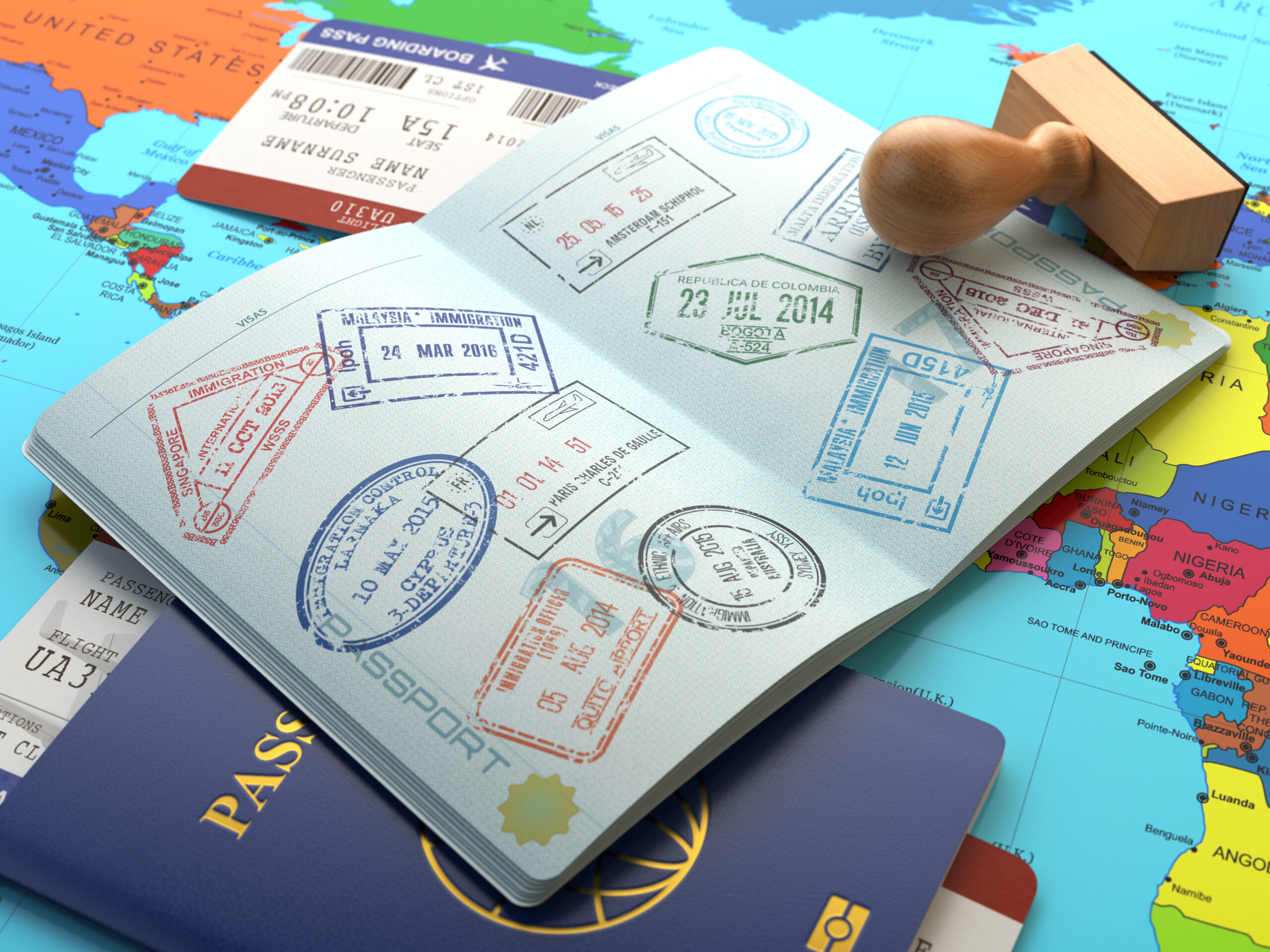
The political situation and outrageous cost of living in the United States have plenty of people wanting to leave.
But then the naysayers pop up, ignorantly asserting that:
“You can’t just move to another country.”
Of course you can, and often you don’t even need a visa, residency permit, or citizenship to spend year-round outside of the States. The Schengen strategy is just one example.
What those naysayers are really saying is:
“You can’t just move to another country and get a job to support yourself.”
This is closer to the truth. The people who can easily leave the U.S. have one or more income streams that they can earn from anywhere in the world.
So, the first step to location independence is getting your expertise-based business up and running. This is the crucial initial aspect of unretirement planning.
But then the fun begins, because you get to discover the right places to call home while you run your business.
The New Rules of Global Living
The conventional wisdom says you need complex residency visas and mountains of paperwork to live abroad. But as Kathleen Peddicord points out in her recent Forbes analysis of tourist visas, there’s a smarter way:
“If you’re looking for commitment-free travel while you explore the globe — be it for retirement, investment, or just enjoying the great wide world — there are only a handful of places in the world that fit the bill.”
She’s right, but she’s also understating the opportunity. These generous tourist visa policies aren’t just about travel — they’re about freedom.
- Freedom to run your business from anywhere.
- Freedom to test-drive potential long-term homes.
- Freedom to leave when you want, without bureaucratic entanglements.
The term “tourist visa” is a bit misleading, because you don’t actually need to obtain a visa. This is just the amount of time your U.S. passport allows you to stay in a country as a tourist without a special visa or residency permit.
Your Six-Month Starter Pack
Several nearby countries stand out for offering hassle-free six-month stays that are perfect for location-independent business owners:
- Costa Rica just expanded its tourist visa from 90 to 180 days for U.S., Canadian, and European visitors. The combination of established expat communities, reliable internet, and natural beauty makes it an ideal base for digital businesses.
- Mexico remains the accessible gateway to international living, offering six-month stays with minimal fuss. Having run multiple client meetings from beachfront cafes in Baja Sur, I can attest to the practicality of mixing business with pleasure here.
- After spending the winter in Mexico, hop up to Canada for the balance of the year. Travelers holding American passports are welcomed to Canada for up to 6 months of visa-free visitation.
- Panama, which Peddicord describes as “one of my favorite countries” and her “home for half the year,” provides 180-day tourist visas with simple border runs to reset the clock. The country’s robust digital infrastructure and business-friendly atmosphere explain why it’s become a hub for entrepreneurs seeking a tax-advantaged home base.
There’s a reason these countries are home to the highest number of American expats. The close proximity to the States is one, but so is the favored treatment U.S. passport holders enjoy with our neighbors.
The Five-Month Sweet Spots
Several countries offer three-month stays that can be extended to five or six months, providing ample time to establish a temporary base:
- Colombia delivers what Peddicord calls “the best health care in Latin America” alongside diverse lifestyle options. You get three months automatically, extendable to six, though you’ll need to mind the calendar-year limits.
- Malaysia offers three months extendable to five, combining modern infrastructure with a strategic location for Asian market access. The country’s tech hubs and coworking spaces make it particularly attractive for digital entrepreneurs.
- Chile, with its “fine wines, endless coastline, and modern cities,” provides a three-month stay extendable to six. The country’s stable economy and growing startup scene create natural networking opportunities for business owners.
There are other options as well. But this list presents a few solid choices to get started with, because much of the complexity is removed.
The Border Run Strategy
The real pros know how to leverage border runs — brief exits and re-entries to reset tourist visas. While some countries have cracked down on this practice, others still welcome it. Argentina, Panama, and Taiwan, for instance, allow you to reset your tourist status with a quick trip across the border.
In these instances, though, it’s triggering tax residency that you need to be thinking about. As a general rule, if you spend 183 days in a single country during a calendar year, you become subject to taxation in that country.
If you want to settle in one place intentionally as a bona fide resident, you still may pay less in taxes depending on your choice. But if you want to completely avoid taxation in other countries, you need to be mindful of how long you’re there and any other criteria for becoming subject to taxes.
As always, consult your accountant and attorney as necessary. It’s a small expense that can help you avoid expensive mistakes.
Making the Leap
The remote work revolution has created unprecedented opportunities for people in their 50s to build location-independent businesses. But success requires more than just a laptop and a dream—it requires choosing the right base of operations.
The countries with the most generous tourist visitation policies often provide the perfect testing ground for your unretirement ambitions. They offer enough time to establish yourself without demanding long-term commitments or triggering tax complications.
Which of these welcoming countries will you choose as your first base of operations? I’m guessing you’ll have a great time deciding.
